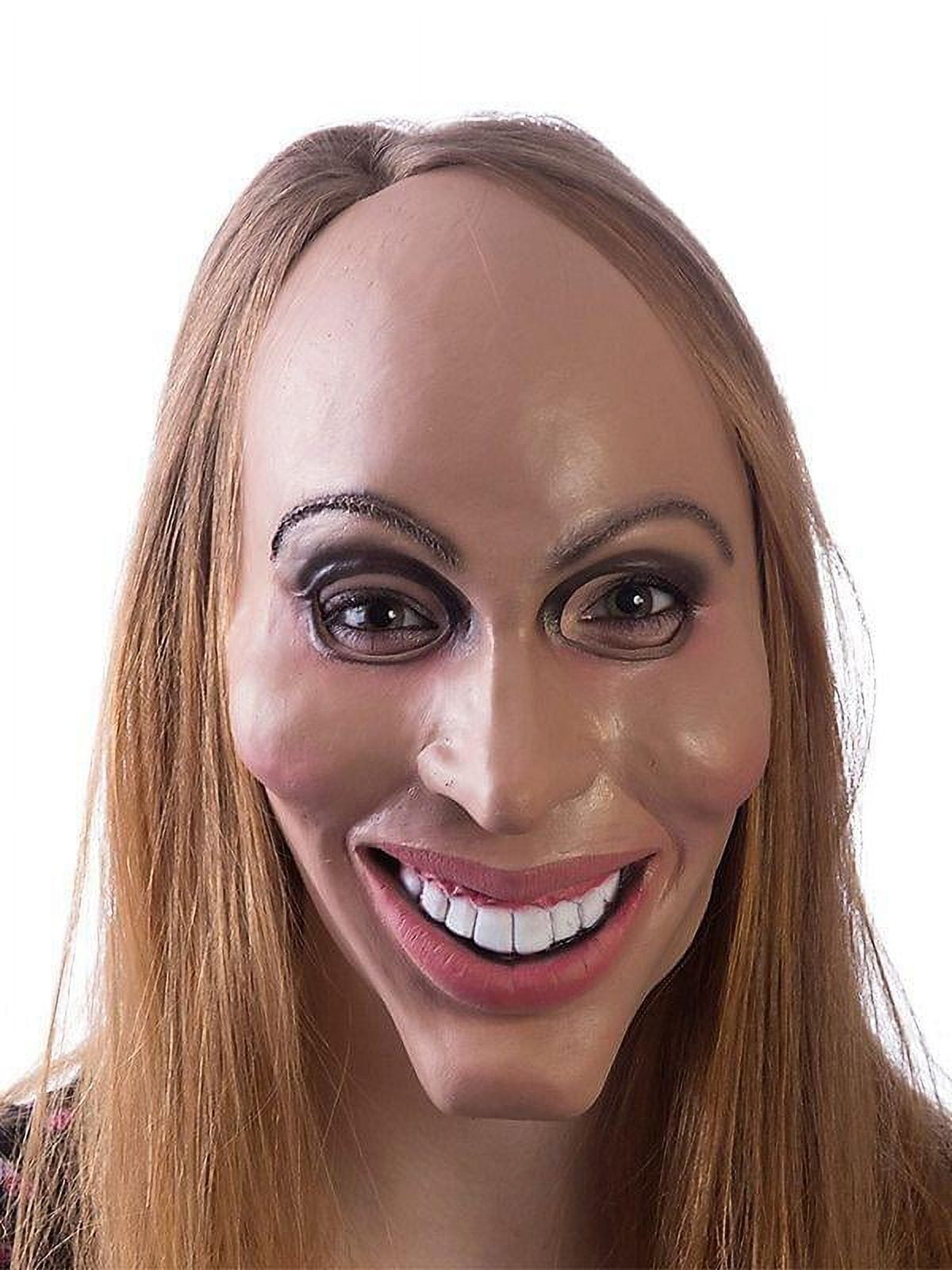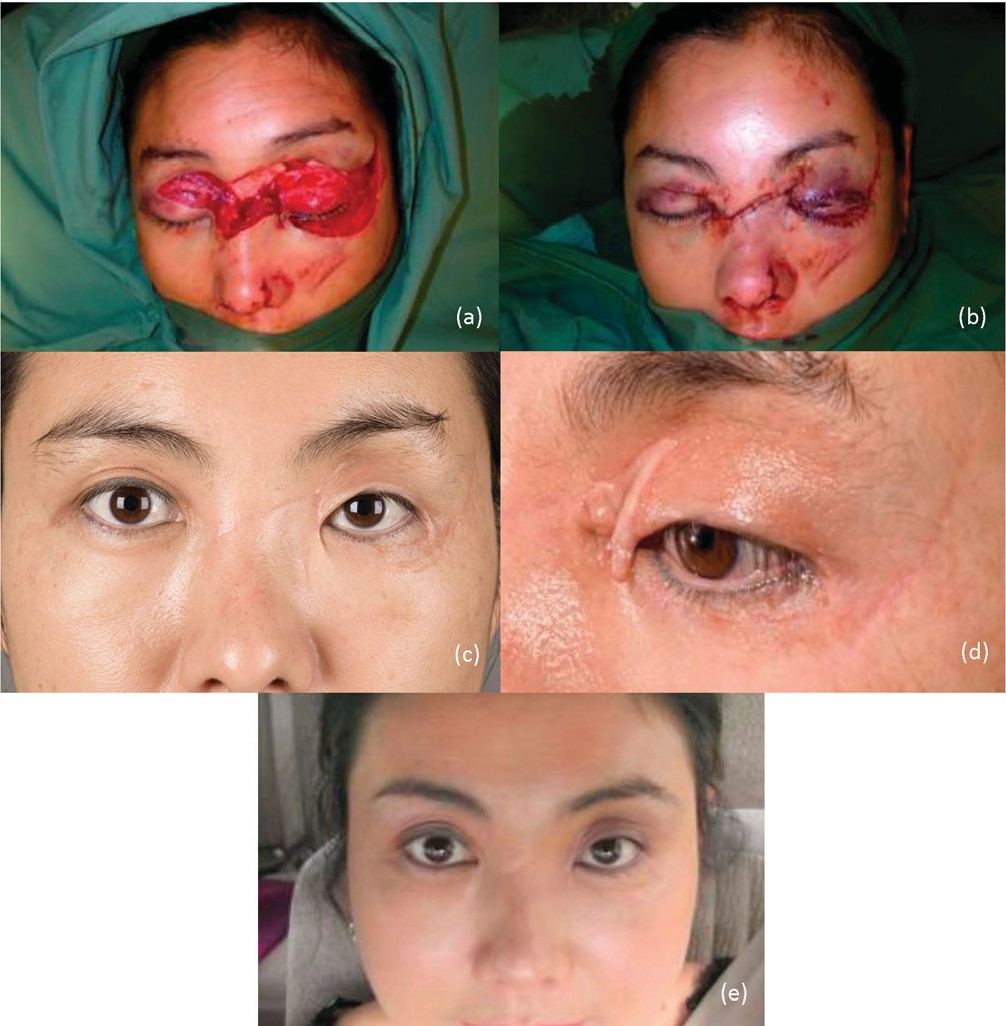A Deep Dive Into the Typical Reason for Seeking Plastic Surgery: Unpacking the Need for Adjustment and Self-Improvement

Societal Stress and Elegance Requirements
Regularly, societal pressures and prevailing elegance requirements play a significant duty in people' choices to pursue cosmetic surgical procedure (liposuction bellevue). In modern culture, aesthetic depiction heavily affects personal assumptions of appearance, typically continued by media, star recommendations, and social systems. These channels regularly promote idealized variations of elegance, leading people to internalize these requirements and evaluate their self-regard versus them

Furthermore, these pressures are not limited to details demographics; they influence people throughout various ages, genders, and backgrounds, highlighting the pervasive nature of charm standards. This prevalent impact raises crucial inquiries regarding the principles of plastic surgery and the ramifications of social standards on private selections. Ultimately, comprehending these pressures is crucial for fostering a much more inclusive meaning of appeal that celebrates variety.
Personal Experiences and Transformative Stories
Lots of people that go through plastic surgery record transformative experiences that expand beyond mere physical changes. For lots of, these treatments function as a catalyst for enhanced self-confidence and a restored sense of identity. Patients regularly explain feeling freed from enduring instabilities, leading to enhanced self-confidence in both specialist and personal worlds.
Take, for instance, the story of a young woman that went through boob job after years of feeling uncomfortable about her look. Post-surgery, she reported not only a newly found convenience in her body yet likewise a considerable renovation in her social life and job possibilities. In a similar way, a middle-aged male who picked to go through a facelift shared exactly how the treatment revitalized his expectation on life, triggering him to go after new passions and relationships.

Psychological Variables Behind Cosmetic Surgery
Many emotional factors add to the decision to go through cosmetic surgical procedure, reflecting deeper emotional and mental wellness factors to consider. People commonly seek medical improvements as a way to attend to sensations of insufficiency, reduced self-esteem, or dissatisfaction with their appearance. These emotional inspirations can be rooted in previous experiences, social contrasts, or individual ambitions.
Body image distortion is a prevalent issue, where individuals perceive their physical characteristics in an exaggeratedly negative light. This distortion can bring about obsessive thoughts about perceived imperfections, triggering the wish for surgical alteration as a service. Additionally, the pursuit of excellence and social pressures can enhance these feelings, pressing individuals towards cosmetic procedures in hopes of accomplishing an idyllic variation of themselves.
Additionally, the concept of self-improvement plays an redirected here important function. Several people view cosmetic surgery as a pathway to improve their quality of life, thinking that boosted look will cause boosted social approval, much better relationships, or enhanced profession opportunities. Inevitably, the emotional elements behind cosmetic surgery underscore the intricate interplay in between private self-perception and external impacts, disclosing the diverse nature of the desire for adjustment.
The Role of Media in Assumption
In today's society, media plays a critical duty fit perceptions of appeal and self-worth. Through numerous platforms-- social media sites, television, and advertising-- idyllic criteria of charm are commonly disseminated, affecting individual goals and self-image. These representations often stress narrow meanings of attractiveness, primarily including younger, slim, and electronically enhanced pictures, which can develop unrealistic standards for individuals aiming to conform.
The effect of media is additional worsened by the prevalent nature of social networks, where customers are pestered with curated content that highlights aesthetic enhancements, recommending a culture of contrast. This constant exposure can result in sensations of insufficiency amongst audiences, triggering them to take into consideration cosmetic surgical treatment as a way of attaining the viewed perfect. Research suggests that individuals who engage with these media representations are most likely to share dissatisfaction with their appearance, enhancing the need for surgical interventions.
Furthermore, the normalization of cosmetic surgical treatment in media stories can desensitize target markets, mounting such treatments as commonplace and also necessary for social acceptance. Thus, the media's portrayal of beauty not just affects specific selections regarding plastic surgery however likewise adds to a more comprehensive social discussion about self-worth and identity.
Future fads and moral factors to consider
In the middle of the expanding popularity of plastic surgery, ethical factors to consider bordering the technique have actually come to be progressively popular. As the demand for procedures climbs, so as well do issues concerning informed permission, the psychological inspirations of individuals, and the capacity for exploitation by surgeons. It is vital for professionals to make sure that patients completely recognize the benefits and risks, as well as the implications of their selections, to promote a responsible strategy to cosmetic improvements.
In addition, the impact of social networks and appeal requirements questions regarding the influence on mental health and wellness, particularly among susceptible populaces. As awareness of body photo issues expands, moral technique demands a cautious analysis of the motivations behind surgical interventions. Doctors need to stabilize patient desires with ethical duty, ensuring that decisions are rooted in real self-improvement instead of social stress.
Seeking to Click This Link the future, patterns might change towards non-invasive and technologically progressed procedures, stressing person security and fulfillment. In addition, the incorporation of emotional assessments can assist resolve underlying concerns before surgical intervention. The plastic surgery area need to adapt to these ethical obstacles while promoting a society of transparency and self-acceptance, ultimately prioritizing the wellness of people.
Verdict
To conclude, the pursuit of plastic surgery is affected by an assemblage of social stress, personal experiences, and psychological variables. The desire for alignment with prevailing beauty requirements, paired with the potential for transformative outcomes, highlights the complex motivations driving people towards these procedures. Furthermore, the function of media in forming perceptions of elegance can not be underrated. As ethical factors to consider evolve, future patterns in cosmetic surgical procedure will likely show ongoing societal dialogues surrounding self-improvement and private identification.
Frequently, societal stress and dominating beauty standards play a click now substantial duty in people' choices to pursue cosmetic surgery. liposuction bellevue. Eventually, these transformative tales highlight the complex reasons people seek cosmetic surgery, intertwining individual development with the quest of aesthetic improvement
Many people check out cosmetic surgery as a path to enhance their quality of life, thinking that improved look will certainly lead to increased social acceptance, far better partnerships, or enhanced career possibilities. Eventually, the psychological factors behind cosmetic surgery underscore the complicated interplay between individual self-perception and exterior impacts, disclosing the diverse nature of the wish for adjustment.
As ethical factors to consider develop, future patterns in cosmetic surgery will likely mirror recurring societal discussions surrounding self-improvement and individual identification. liposuction bellevue.